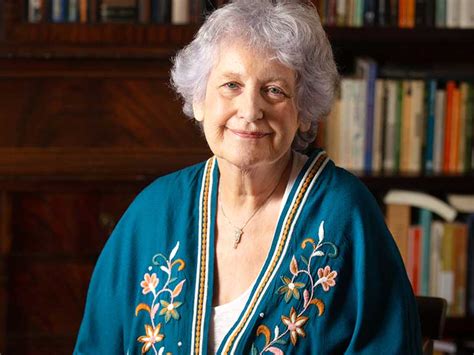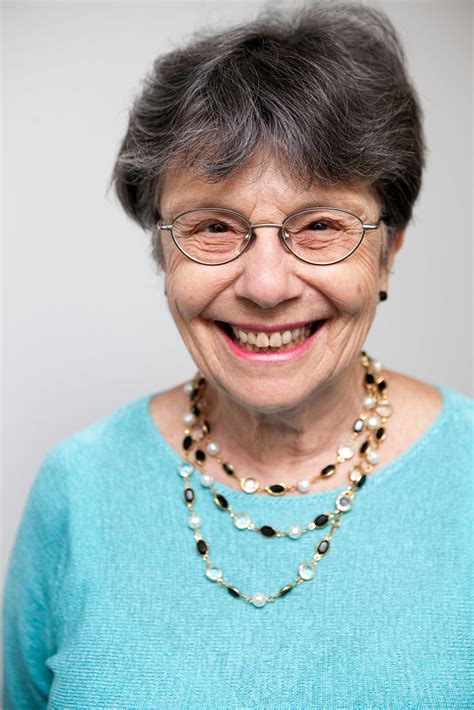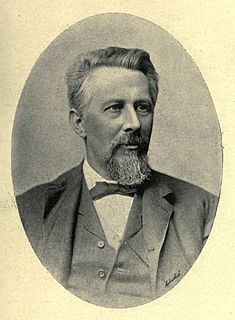A Quote by Wendy Cope
The interesting thing is that you don't often meet a poet who doesn't have a sense of humour, and some of them do keep it out of their poems because they're afraid of being seen as light versifiers.
Related Quotes
You hear people talking about a Scottish sense of humour, or a Glaswegian sense of humour, all sorts of countries and cities think that they've got this thing that they're funny. I read about the Liverpudlian sense of humour and I was like, 'Aye? What's that then?' You get that and you especially hear about a dark Glaswegian sense of humour.
I do feel that now and I feel that this development of recording poems, of speaking poems at readings, of having records of poets, I think this is a wonderful thing. I'm very excited by it. In a sense, there's a return, isn't there, to the old role of the poet, which was to speak to a group of people, to come across.
People are actually very good at being communists in the sense that they instantly abandon capitalism, that they love these relationships of mutual aid, because the astonishing thing about disasters is that people are often weirdly joyous in them, because they've recovered a sense of agency, a sense of power, etc.
The British have turned their sense of humour into a national virtue. It is odd, because through much of history, humour has been considered cheap, and laughter something for the lower orders. But British aristocrats didn't care a damn about what people thought of them, so they made humour acceptable.
A man of knowing attains to a sense of humour. Let this always be remembered. If you see someone who has no sense of humour, know well that that man has not known at all. If you come across a serious man, then you can be certain that he is a pretender. Knowing brings sincerity but all seriousness disappears. Knowing brings a playfulness; knowing brings a sense of humour. The sense of humour is a must.
Many poets are not poets for the same reason that many religious men are not saints: they never succeed in being themselves. They never get around to being the particular poet or the particular monk they are intended to be by God. They never become the man or the artist who is called for by all the circumstances of their individual lives. They waste their years in vain efforts to be some other poet, some other saint...They wear out their minds and bodies in a hopeless endeavor to have somebody else's experiences or write somebody else's poems.
People don't just show up and lie down in the middle of the street some place out of nothing. Somebody said meet me there, let's get together, and let's do this thing. The interesting thing is that we don't know who all of the leaders of these groups are, but we know that they're out there, and we know a new group of leadership is being created. It shows you that leadership can come from anywhere.





































